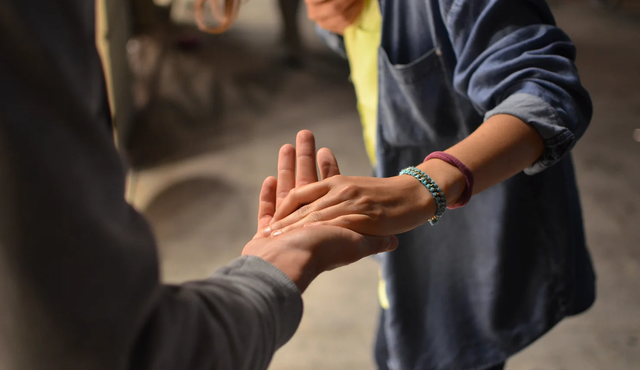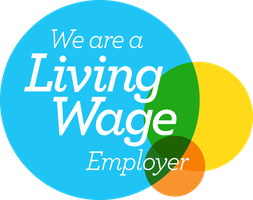Why did we create Place Matters?

In 2020 Place Matters commissioned a piece of research into the practice of making changes happen in places. We interviewed around 30 practitioners in the UK and overseas, asking what helped or hindered them. We selected people who were tackling complex changes, often those that have held back communities for generations and which needed many things to change to make a difference. The people we spoke to were those pulling together new alliances and collaborations, finding the talents and strengths that exist in all communities and getting everyone to pull in the same direction.
This form of work requires a special sort of skill and style. There are no roadmaps and no quick or easy way of making change happen. It has been described as a curious mix of humility and charisma, found in few, but where found is to be treasured and nurtured.
We found it to be lonely work where uncertainty is a way of life and where progress takes time and patience. But, in the UK at least, we do not recognise the unique nature of this way of working to be a form of practice, a unique combination of skills and experience that needs wider recognition. We need more people to do this work. The levels of social inequality in the UK mean that more communities are being left behind and we hope that the Government's levelling up commitments will means investment into community-led change and not just the physical assets that define a place.
For this reason we launched Place Matters as somewhere where practitioners could come together to learn from each other and where we can demonstrate the impact of their work collectively to those who fund and otherwise enable and support this work.

